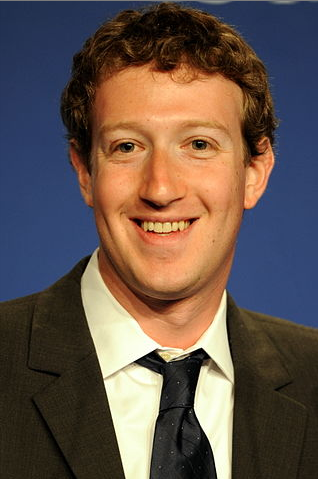OPINION: Internet privacy should trump growth

Screen Shot 2013-08-23 at 10.16.38 AM.png
Facebook and its friends say they will mount the latest effort to connect the rest of the world to the Internet.
Right now about two-thirds of the global population – some 5 billion people – doesn’t have access to the Web. The social media giant – which has 1.15 billion customers already – knows there are billions more out there who would sign up if only they could get online.
That’s a good goal, but it shouldn’t be their top priority.